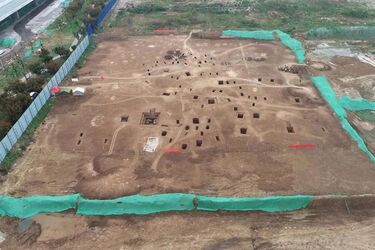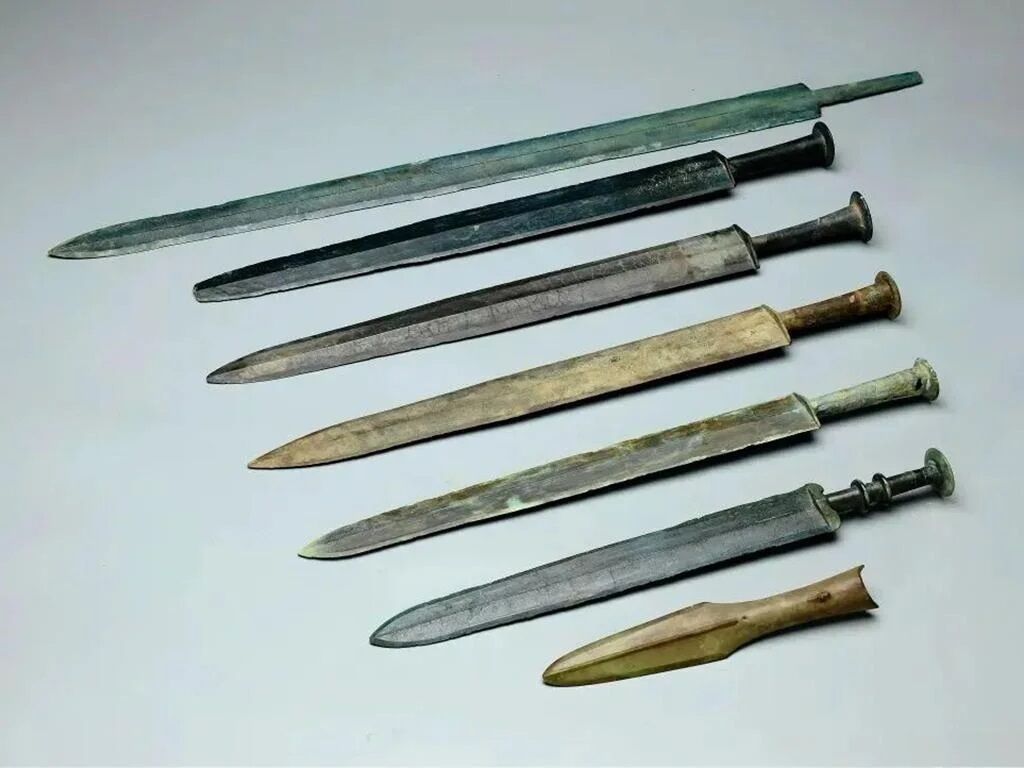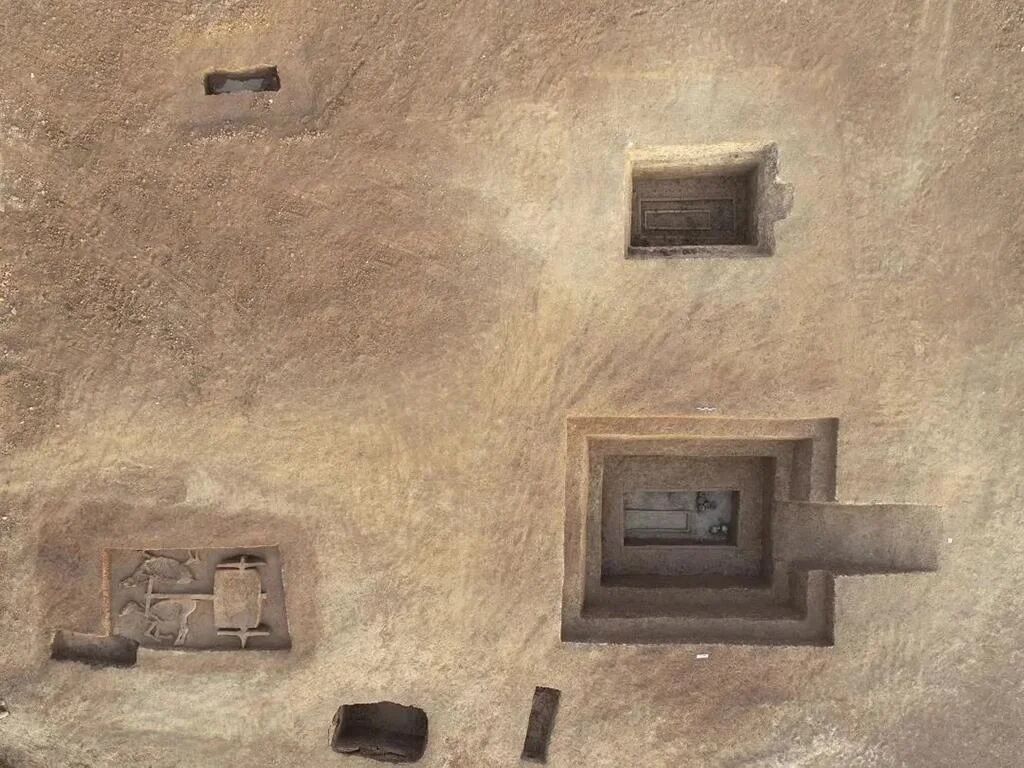In China, archaeologists discovered 174 tombs of the Warring States period containing numerous artifacts (photo)

Archaeologists have unearthed a large cemetery dating back to the Warring States period in China, which dates back more than 2,200 years. With the help of the Hubei Provincial Institute of Cultural Relics and Archaeology and the Xianyang Municipal Institute, many ancient tombs were excavated and more than 500 artifacts were discovered, including an outstanding set of weapons.
This discovery not only sheds new light on ancient Chinese life, but also points to the importance of the Warring States period in shaping China's culture, ArchaeologyMag reports.
You may also be interested: Israeli archaeologists find a 2,000-year-old tunnel complex of hiding places
Excavations near the village of Dengcheng in Hubei province have uncovered 176 tombs, most of which date back to the Warring States period. Among them are tombs M1, M2, and M3, which are distinguished by their large size and complex structure. They contain many valuable burials, including the remains of destroyed coffins and bronze objects.


These tombs also contain the remains of horses buried with chariots, indicating the high status of the buried individuals. In total, the collection of artifacts found at the site includes more than 500 items ranging from ritual objects to household items, providing valuable information about the culture and customs of the time.
The Warring Kingdoms period, which lasted from 475 to 221 BC, was a time of intense warfare and significant military progress in China.
As a reminder, archaeologists have found evidence of piercings on the remains of prehistoric people.
If you want to get the latest news about the war and events in Ukraine, subscribe to our Telegram channel!
